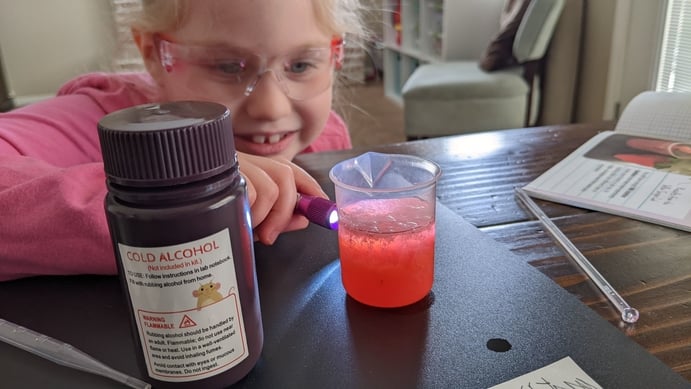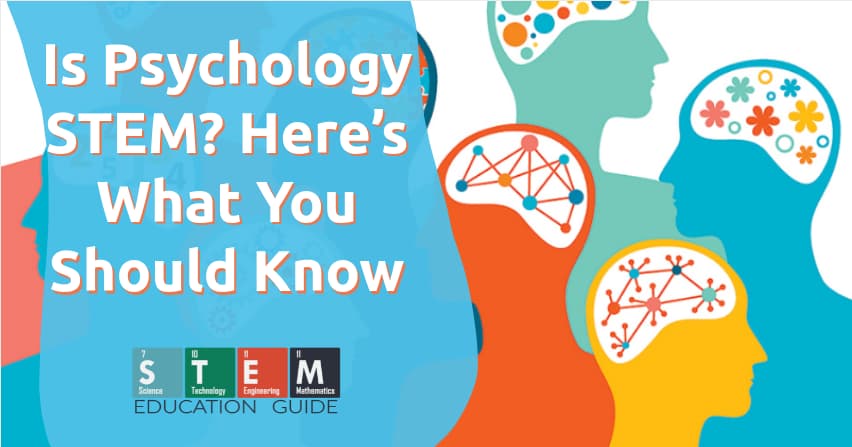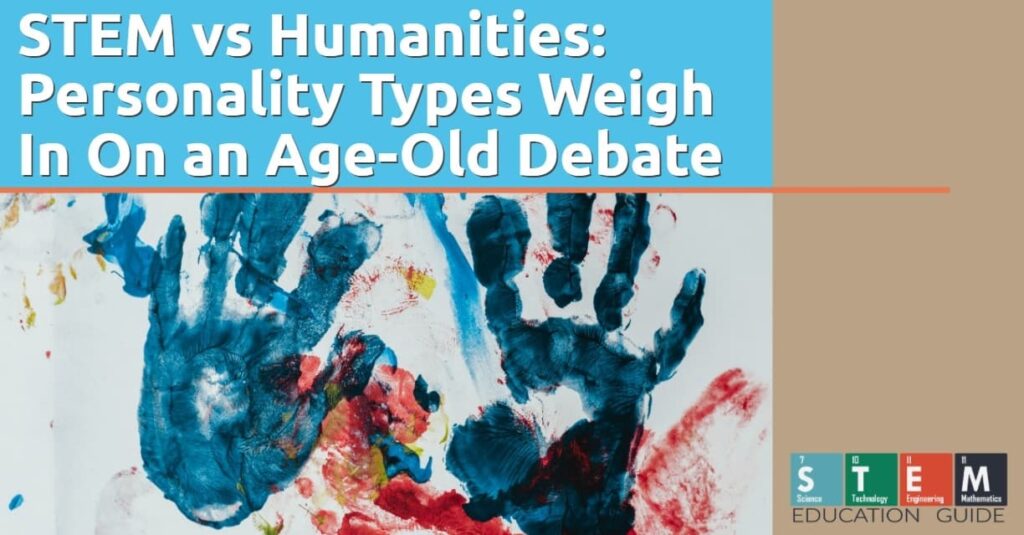Most people view psychology simply as the study of human behavior. They envision someone laying on a couch discussing their woes with a trained counselor and attempting to gain victory in their life.
This is a basic view of what psychology truly encompasses. Furthermore, it eliminates the scientific and STEM portion of the discipline itself. So, is psychology a STEM major?
Table of Contents
What is STEM?

STEM stands for science, technology, engineering, and mathematics. STEM places emphasis on communication, collaboration, research, critical thinking, problem-solving, and creativity. STEM is important as it integrates into each part of our daily lives and is found in the world around us.
There is a growing push to increase STEM occupations. These areas are now growing at a rate of 24%, while other areas remain steady at a 4% growth rate. Those who hold a STEM degree receive a higher income than those who do not.
Why Is That?
All these areas play an essential role in our growth and stability as a nation. They are important for establishing our future. STEM programs generate critical (independent) thinkers, helps science literacy, and pave the way for the following generation of innovators.
Innovation is crucial as it leads to new processes and products that sustain your local and national economy. These areas depend on having a solid foundation in these disciplines.
While it has become apparent that the future will require people to have a basic knowledge of science and math, these are the two areas that younger people are lacking.
What are the differences between STEM and STEAM? Our article goes over if art should be incorporated into STEM.
Is Psychology a STEM Major?
Most people’s definition of psychology isn’t what this behavioral science truly is. People tend to view it as more of a counseling session when the discipline involves so much more.
There are many branches of psychology, from the study of abnormal behavior to behavioral genetics. To not infer that psychology is indeed science is grossly understated.
Psychology began with scientific principles in mind. Scientists studied behavior in both animals and humans to come to definite conclusions regarding human behavior. It was through these trials and testing that we came to understand how the human mind operates.
Furthermore, to understand anything within the discipline, a great deal of biology needs to be known. Not only do students study how the brain and nervous system function, but also how genetics contribute to behavioral changes.
Furthermore, every psychology student is required to take courses in research methods and data analysis to graduate.
Data Analysis requires a great deal of mathematics and calculations. With expansions in technology, we are better able to both help individuals overcome life’s issues, but we can make better assessments regarding what contributes to human behavior.
The American Psychological Association (APA) has made it one of its main objectives to increase the notion that psychology is indeed a science. They are looking to expand their prominence in STEM education, and expanding opportunities in the field of psychological science.
In 2013, the Board of Educational Affairs updated APA guidelines for an undergraduate psychology major. It places a distinct emphasis on promoting psychology as a science as opposed to a liberal arts course.
Check out our article, STEM vs. Humanities: Personality Types Weigh In On an Age-Old Debate.
How is STEM Classified?
The National Center for Education Statistics (NCES) classifies it as such:
“A general program that focuses on the scientific study of individual and collective behavior, the physical and environmental bases of behavior, and the analysis and treatment of behavior problems and disorders. Includes instruction in the principles of the various subfields of psychology, research methods, and psychological assessment and testing methods.”
While this certainly reflects the discipline of psychology, individuals are left wondering how it focuses directly on the analysis and eventual treatment of behavioral issues.
For a full list of STEM statistics, please check out our article on surprising STEM Education statistics.
The NCES definition regarding the area of Research and Experimental Psychology provides the following subareas of study:
- Qualitative
- Cognitive psychology
- Physiological/biological psychology
- Comparative psychology
- Social psychology
- Developmental psychology
- Personality
- Experimental psychology
Each of these areas contains an ingredient of STEM discipline.
While many institutions have successfully had psychology reclassified as a science degree, some are lacking. The federal government and higher education have not fully recognized psychology as reflecting STEM discipline.
What Needs to Be Recognized

People need to shift their mindset away from psychology as a behavioral and mental health aspect and focus it on the science of behavior. Psychology is more than just a behavioral component. It encompasses behavior, emotion, cognition, and biology/genetics.
APA studies on how people view the discipline have revealed that respondents view the discipline as helping people with mental illness and offering treatment. Rarely do people think there is a scientific component to it.
Most adults feel doctors, teachers, engineers, and scientists greatly contribute to the well-being of society. However, only 50% feel the same way about psychologists. Furthermore, only 33% of those surveyed felt psychology had a scientific component.
Based on this information, the APA has concluded that more education regarding psychology as a scientific discipline needs to be incorporated.
For many years, psychology was promoted as the healing of the mind.
As part of expansion efforts, the APA is now educating the public on the scientific and STEM components of the discipline. It has decided to educate the public on the role psychology plays in behavior, individual effectiveness, organizational psychology, and overall wellness.
Many feel that the reclassification of psychology from liberal arts degree to science is long overdue. This may have something to do with public perception of the course itself, or just how it was initially structured.
However, the components that comprise a psychology major do include scientific research, scientific methodology, biology, genetics, and data analysis- just to name a few. This appears to be a clear indication for reclassifying psychology to a science degree.
While many institutions have made changes in this direction, the federal government has not fully recognized psychology as a STEM major. However, the APA hopes that with increasing public awareness, this will change in upcoming years.
Please take a look at our other topics exploring STEM. Is Economics STEM – Why Colleges Want Economics to Be a STEM Major.












